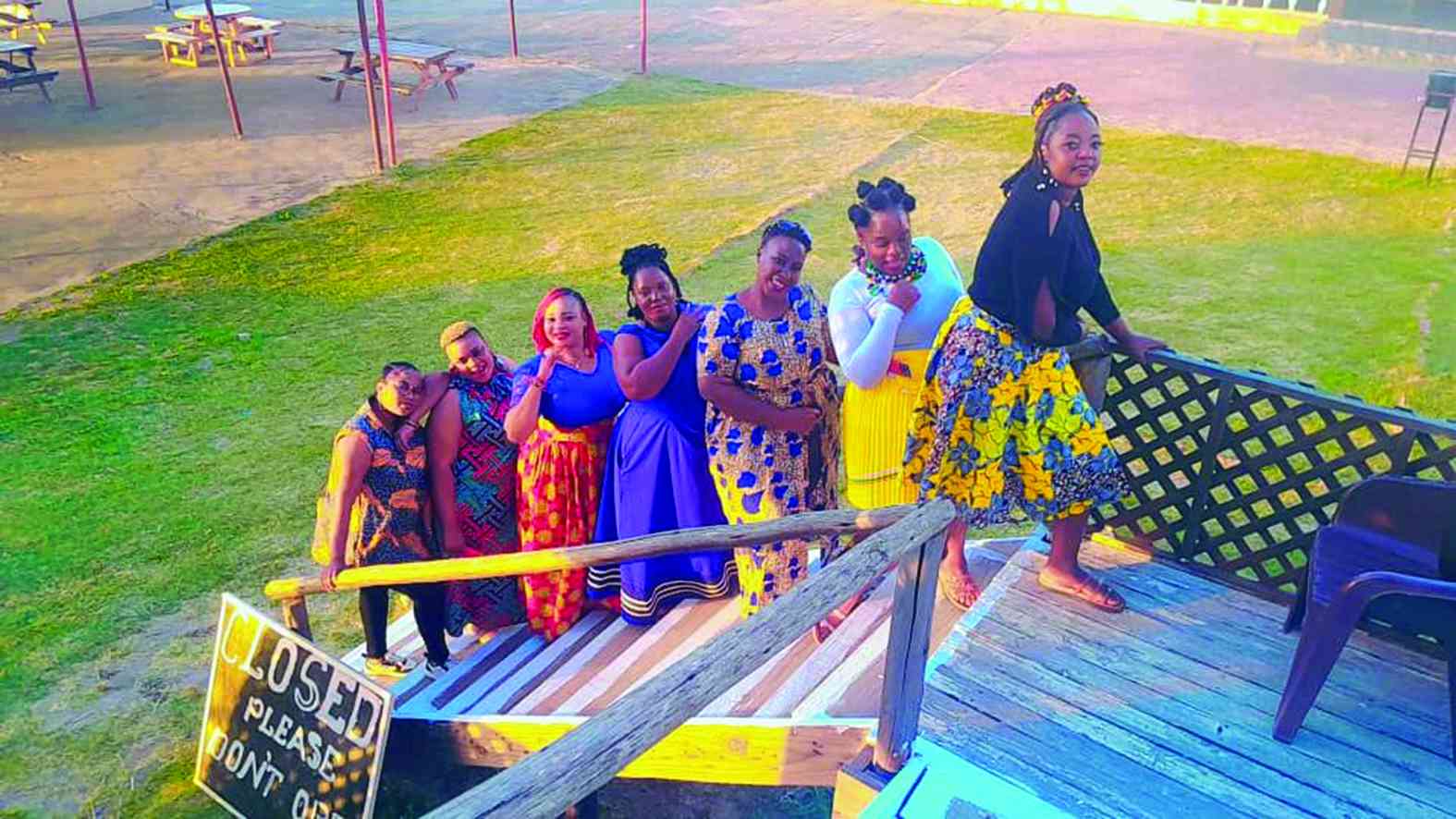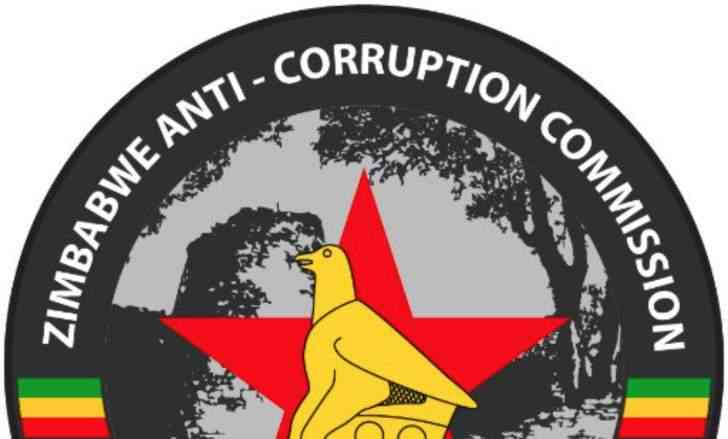THE Zimbabwe Human Rights Commission (ZHRC) has condemned the inhuman treatment of the Tokwe-Mukosi flood victims who spent six months living under squalid conditions at Chingwizi Transit Camp, and urged government to urgently provide compensation and decent accommodation for the affected families.
VENERANDA LANGA SENIOR PARLIAMENTARY REPORTER
In a report released yesterday, the human rights body said the families endured several human rights violations during their stay at the transit camp.
ZHRC chairperson Elasto Mugwadi said the organisation had noted violations such as disturbances to education, lack of access to health, decent accommodation, compensation for lost property and land rights.
“Compensation was one of the complaints raised by the relocated families during the ZHRC field visit and the commission was encouraged by the provincial administrator’s confirmation that at least $2 million would be released in the coming week to make part payment to families as compensation, although this amount fell short of the $9 million needed to pay full compensation, and was coming six months late,” Mugwadi said.
“Most Chingwizi residents indicated that compensation was their major concern and was necessary in order to make amends for their suffering as these residents lost immovable property due to relocation and suffered more losses of household effects together with livestock during movement,” he said.
Keep Reading
- Chamisa under fire over US$120K donation
- Mavhunga puts DeMbare into Chibuku quarterfinals
- Pension funds bet on Cabora Bassa oilfields
- Councils defy govt fire tender directive
The ZHRC report said families were settled on one-hectare plots which were inadequate when compared to the five hectares they used to possess before their forced relocation from Chivi district following the floods.
“In the relocation site it was noted that there were very little economic and livelihoods opportunities available and ZHRC notes that residents were surviving mainly on donor handouts. The ZHRC notes with concern that the majority of residents were allocated one tent per household regardless of the family size. In some families, fathers-in-law were sharing the same tent with their daughters in law, a situation that is culturally and socially unacceptable,” the report said.
“The State should ensure that internally displaced persons have access to decent shelter which maintains the family unit and at the same time retain privacy between families. The state has an obligation to provide internally displaced persons with essential food and potable water, basic shelter, housing, appropriate clothing and essential medical services and sanitation.”
Mugwadi said other investigations would be done on internally displaced persons in areas like Tsholotsho and Muzarabani.





